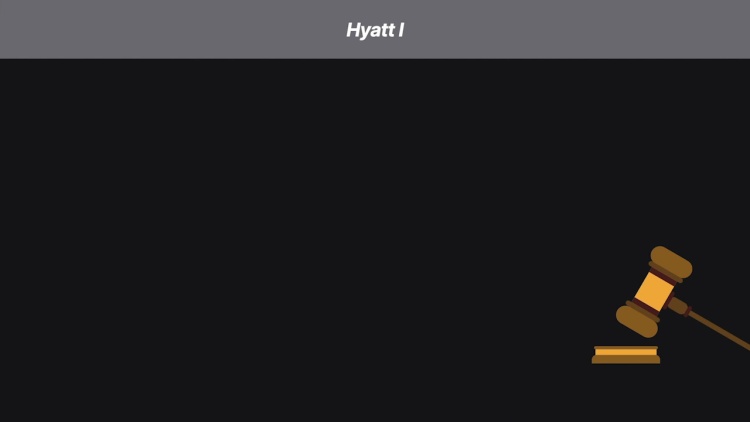Franchise Tax Board of California v. Hyatt
United States Supreme Court
139 S. Ct. 1485 (2019)
- Written by Rose VanHofwegen, JD
Facts
Gilbert Hyatt (plaintiff) earned millions from a computer-chip patent. Before receiving the patent, Hyatt lived in California, which collects personal income tax. In 1991 Hyatt sold his house in California and rented an apartment and registered to vote in Nevada—which collects no personal income tax—and then filed his 1991 and 1992 taxes claiming Nevada residency. California’s Franchise Tax Board (the board) (defendant) was suspicious of Hyatt’s move and conducted an audit. Board employees interviewed estranged family members, shared personal information about Hyatt with business contacts, and sent over 100 letters requesting information from third parties. The board concluded Hyatt did not move to Nevada until 1992 and owed over $10 million in back taxes. After an 11-year proceeding, the board upheld the award. Meanwhile, Hyatt sued the board in Nevada state court for torts allegedly committed during the audit. The board argued California was immune from suit, but in Hyatt I the Supreme Court found the board entitled to the same immunity as Nevada agencies—from negligent but not intentional torts. On remand, the jury awarded Hyatt over $490 million. But in Hyatt II, the Supreme Court ruled Nevada’s $50,000 damages cap applied. The board appealed a third time on sovereign-immunity grounds.
Rule of Law
Issue
Holding and Reasoning (Thomas, J.)
Dissent (Breyer, J.)
What to do next…
Here's why 907,000 law students have relied on our case briefs:
- Written by law professors and practitioners, not other law students. 47,100 briefs, keyed to 996 casebooks. Top-notch customer support.
- The right amount of information, includes the facts, issues, rule of law, holding and reasoning, and any concurrences and dissents.
- Access in your classes, works on your mobile and tablet. Massive library of related video lessons and high quality multiple-choice questions.
- Easy to use, uniform format for every case brief. Written in plain English, not in legalese. Our briefs summarize and simplify; they don’t just repeat the court’s language.





